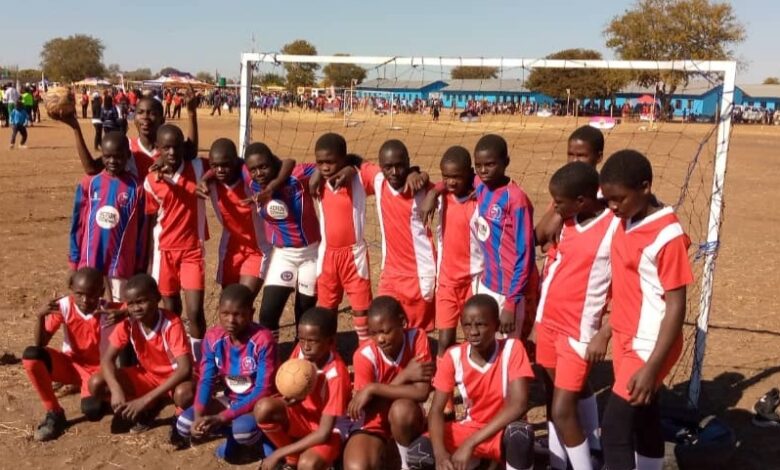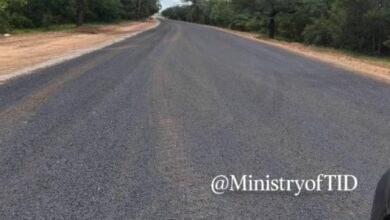NASH Sports Gala Showcases Rising Talent in Tsholotsho

Fortune Nkomo
TSHOLOTSHO— The spirit of competition is alive in Tsholotsho as Nkanyiso Adventist Primary School plays host to the National Association of Primary Heads (NASH) Sports Gala, a dynamic two-day inter-district tournament that began on July 15 and concludes today, July 16.
The event has brought together young athletes from seven districts — Tsholotsho, Umguza, Bubi, Nkayi, Lupane, Binga, and Hwange — all competing for a coveted place in the provincial team that will represent Matabeleland North in the upcoming national championships in Marondera.
The competition features a wide range of sporting disciplines including soccer, netball, volleyball, basketball, handball, chess, and quiz, with learners participating across different age categories.
According to NASH representative Vumile Moyo, the gala plays a critical role in the national schools sports calendar as it serves to identify and nurture emerging talent from the grassroots. “This event is a cornerstone of our annual calendar. It’s where we scout for talent and build future champions for the national team,” he said.
This year’s edition has received strong support from the local business community. Companies and individuals such as Mr. Sinkwa, FBC, Microplan, and Hwange Colliery Company Limited (HCCL) Holdings have come on board to provide lunch and refreshments for the athletes and officials.
Butholezwe Dube, HCCL Holdings’ Manager for Safety, Health, Environment, Quality, Social, and Governance, emphasized the importance of supporting youth development through sport. “We believe in creating platforms for young people to develop their skills and shape their future,” he said.
The gala is being staged at multiple venues across Tsholotsho, including Nkanyiso Adventist Primary School, Tsholotsho Stadium, Mvundlana Primary School, and Mavela Secondary School. The turnout has been impressive, with school heads, district inspectors, parents, and community members attending in numbers to support their local teams. Their presence reflects the strong role that school sports play in uniting communities and promoting holistic education.
As the event draws to a close, the best-performing athletes will be selected to join the provincial squad, which will carry Matabeleland North’s hopes to the national stage. The NASH Sports Gala continues to be a powerful platform for discovering talent, building confidence among young learners, and fostering a culture of excellence and inclusion in Zimbabwean school sport.





